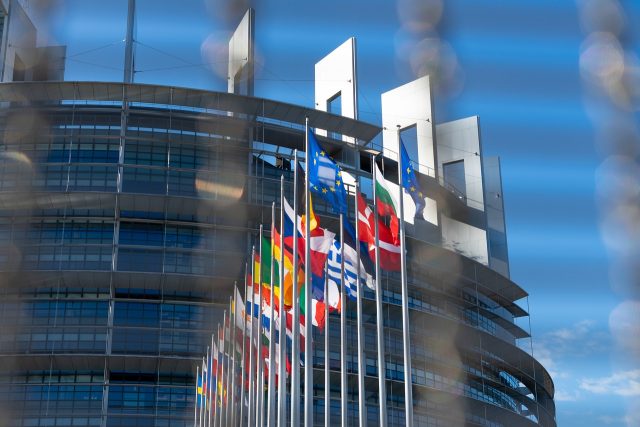
Armenia has taken a decisive step towards EU membership, marking a possible change of direction in its foreign policy and geopolitical positioning.
The government of Prime Minister Nikol Pashinyan has approved a bill that, if approved by Parliament, will lead the country to formalize its EU candidacy and submit the issue to popular judgment through a referendum. This development represents a significant turning point for a country traditionally linked to Russia and immersed in a delicate situation of conflict with neighbouring Azerbaijan.
A political and geopolitical change of direction
The project of rapprochement with the EU comes at a time when Armenia is reconsidering its historical alliances. After decades of dependence on Moscow, Yerevan has begun to move towards the West, intensifying political, economic and military cooperation with European partners. This gradual detachment has been accelerated by Russia’s ambiguous role in the conflict between Armenia and Azerbaijan for control of Nagorno-Karabakh. In September 2023, Azerbaijan launched a lightning campaign to regain control of this Armenian-majority region, without Moscow taking any concrete action to defend its Armenian ally, despite ceasefire agreements.
The legislative process and the referendum
The bill approved by the Armenian executive represents a preliminary but crucial step. After the debate in Parliament, where the ruling Civil Contract party holds a solid majority, the proposal will be put to a referendum. This initiative originates from a popular petition that collected the 50,000 signatures needed to start the legislative process. According to Prime Minister Pashinyan, the approval of the text will only be the beginning of a long and complex path, which will require a clear action plan and close cooperation with Brussels to define the accession roadmap.
Dependence on Russia and conflict with Azerbaijan
Despite its ambition to move closer to Europe, Armenia faces a number of significant obstacles. The country is still heavily dependent on Russia for economic, energy and security purposes. Moscow maintains a military base in Armenia and is a key trading partner for Yerevan. In addition, Armenia is a member of the Eurasian Economic Union (EAEU), a Russian-dominated trade bloc, which would be incompatible with eventual EU membership. On the conflict front with Azerbaijan, tensions remain high. Baku, buoyed by its role as an energy supplier to Europe via the Southern Gas Corridor, has recently adopted aggressive rhetoric towards Armenia, calling it a “fascist threat” and suggesting that it should be “destroyed”. Such statements undermine progress towards a peaceful resolution to the conflict, also mediated by the EU.
The shadow of the Kremlin and the European response
Armenia’s move has not gone unnoticed by the Kremlin. Russian government spokesman Dmitry Peskov stressed that Yerevan is free to choose its own geopolitical orientation, but warned that joining the EU would mean leaving the EAEU. This position reflects Moscow’s desire to maintain its influence in the region, even at a time when its role as a guarantor of Armenia’s security has been called into question. On the other hand, Brussels seems ready to intensify its partnership with Armenia. Armenian Foreign Minister Ararat Mirzoyan has anticipated that new agreements with the EU could be signed in the coming months, including a possible visa liberalization regime, which would facilitate travel between the two territories.
A long and complex path
Accession to the European Union is an ambitious prospect for Armenia, but it will not be a quick process. The recent history of other candidate countries shows that negotiations can last years, if not decades, and require extensive political, economic and social reforms. For Armenia, these challenges are compounded by a particularly complicated geopolitical context, marked by dependence on Russia and unresolved tensions with Azerbaijan. However, the EU accession project offers Armenia a real opportunity to strengthen its sovereignty and diversify its alliances, aiming for a more stable and prosperous future. The determination of the Pashinyan government and the support of the population will be crucial factors in overcoming the obstacles on the road to Brussels.



 Subscribe
Subscribe